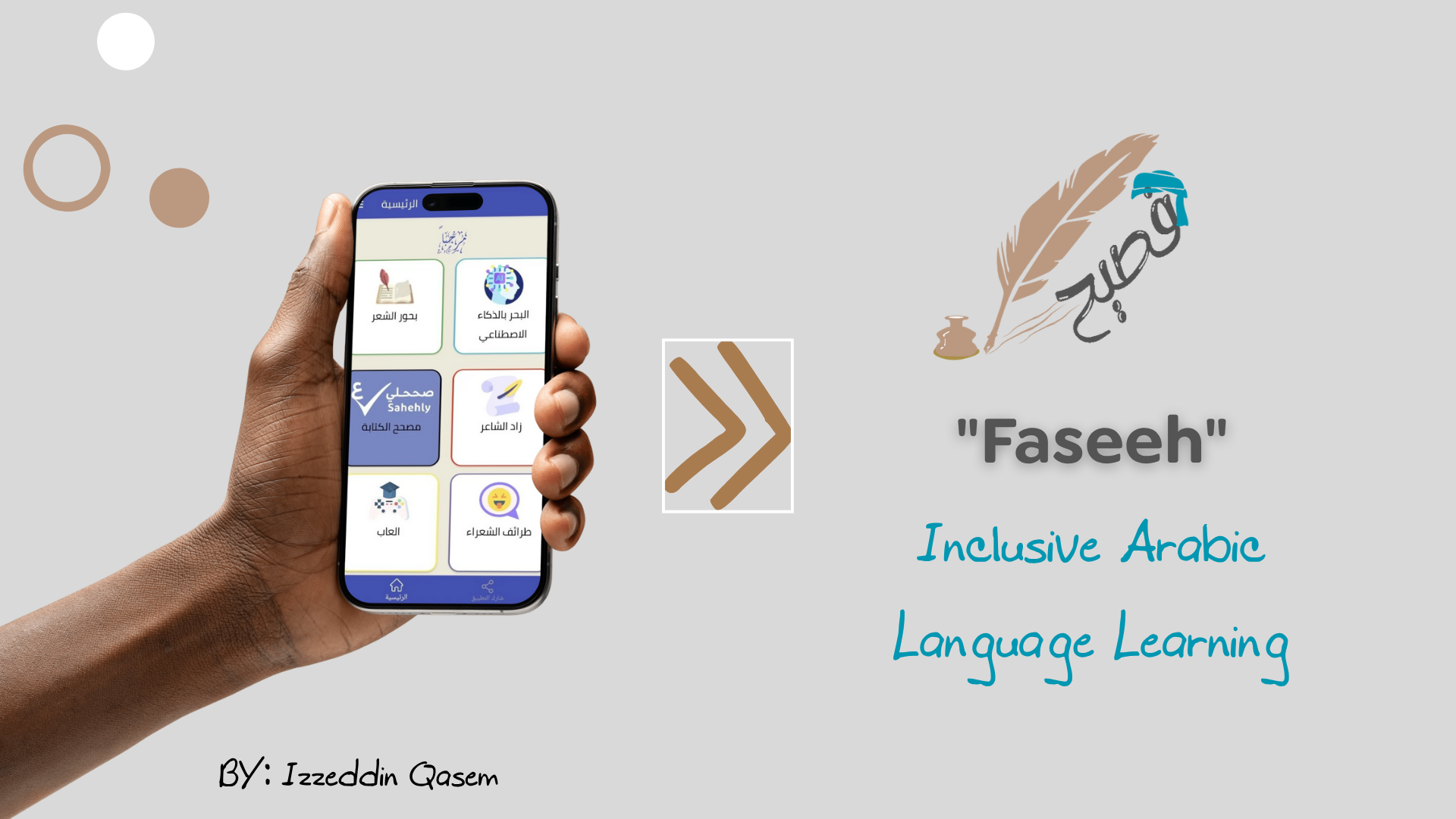@Ridafatima95 said in Lack of access to technology:
During events like the COVID-19 pandemic, lack of access excluded millions from remote education.
How can we solve this issue?
Aslam o Alaikum dear Rida,
We are educators, and I believe it’s not our fault that millions were excluded from remote education during the COVID-19 pandemic. However, if we now have solutions and still remain silent, then yes — it is our fault. 
You’ve raised an important point for educators to discuss. But in my opinion, this isn’t just a topic for discussion — it demands quick and practical solutions. Although the pandemic is over, millions of students still lack access to essential technological facilities.
Therefore, I suggest that the communication gap between schools and top management should be reduced, in order to create an environment that promotes technology awareness and accessibility.
Thanks and regards
 ️. A real helping site.
️. A real helping site.